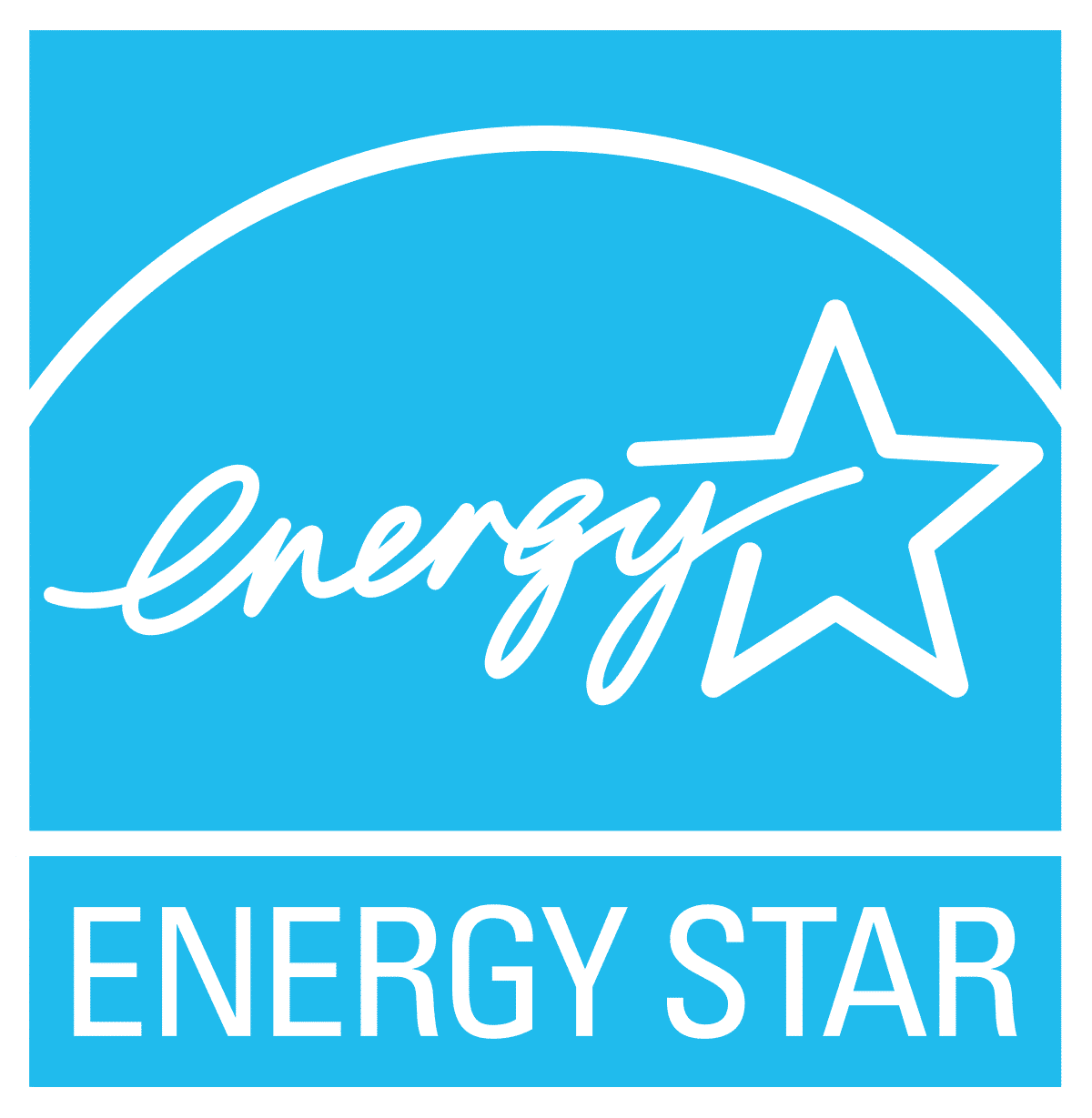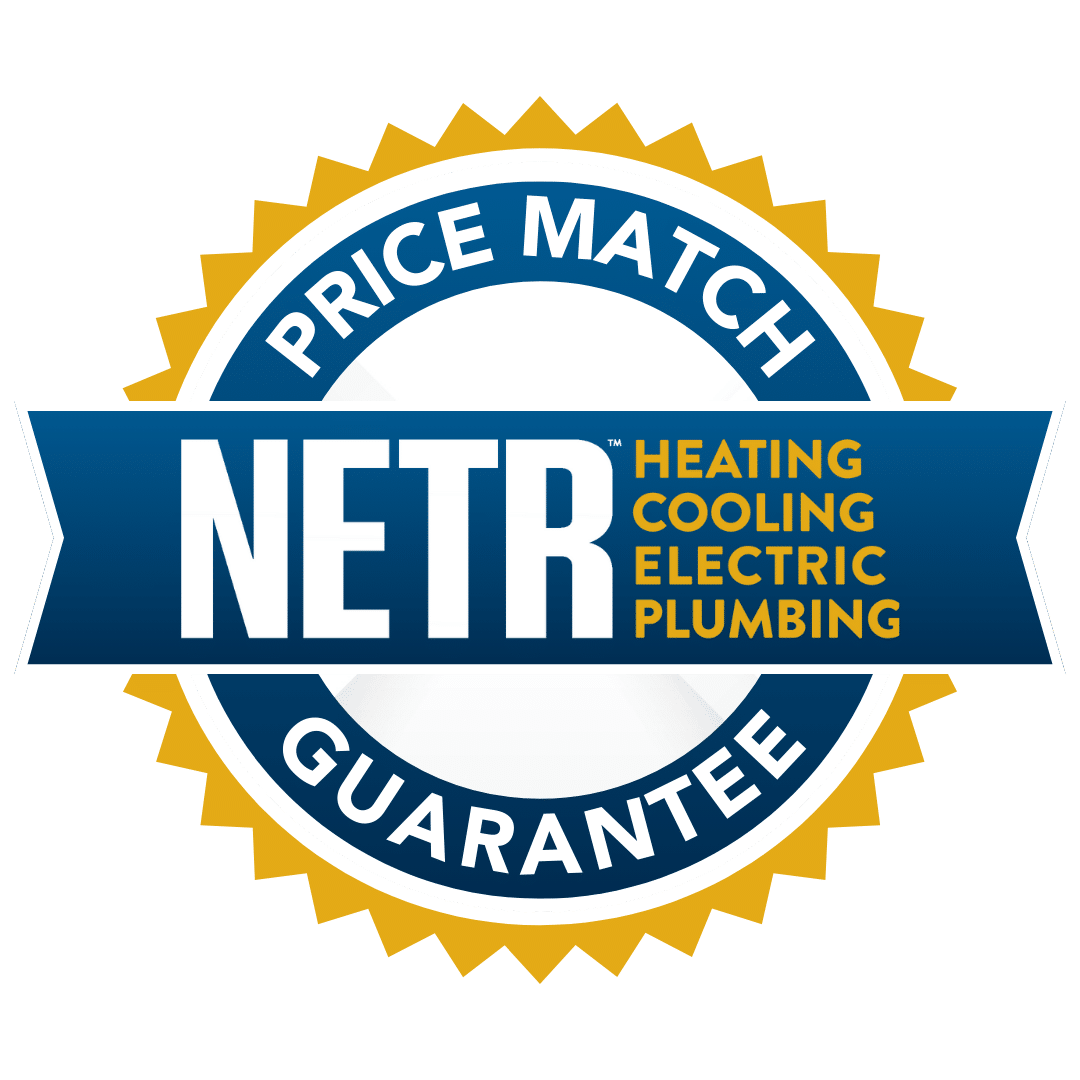The EnergyStar logo is a government-sanctioned symbol used to identify energy efficient products based on credible information from reliable, relevant sources. Both businesses and homeowners rely on EnergyStar to make informed decisions about appliance purchases that are better for consumers and the environment.
In Massachusetts, the Non-Business Energy Property Tax Credit has been retroactively extended from December 31, 2017 to December 31, 2020. Here’s what you need to know about obtaining a tax credit for EnergyStar HVAC equipment in 2020.
What Tax Credits Are Available for Primary Residences?
EnergyStar has identified the following HVAC equipment upgrades as eligible for tax credits for primary residences (rentals and new construction do not qualify):
-
Central air conditioning
-
Propane, oil, and gas boilers
-
Propane, oil, and gas furnaces
-
Advanced main air circulating fans
How Much Are the Tax Credits?
Available tax credits range from $50 to $300 and in some cases is a certain percentage of the total cost of a unit up to a predetermined amount. Here’s how the tax credits break down:
-
Air source heat pumps are eligible for a $300 tax credit
-
Central air conditioning units are eligible for a $300 tax credit
-
Propane, gas, and hot water boilers and furnaces are eligible for a $150 tax credit
-
Advanced main air circulating fans are eligible for a $50 tax credit
Qualifying HVAC Equipment
To be considered for the EnergyStar Non-Business Energy Property Tax Credit, HVAC equipment must meet the following requirements:
-
Package air source heat pump systems must have an HSPF rating of greater than or equal to 8, an EER of at least 12, and a SEER rating of 14 or more.
-
Split systems must have an HSPF rating of greater than or equal to 8.5, an EER of at least 12.5, and a SEER rating of 15 or more.
-
Package central air conditioning units must have an EER rating of 12 or more and a SEER rating greater than or equal to 14.
-
Split central air conditioning systems must have an EER rating of 13 or more and a SEER rating greater than or equal to 16.
-
Propane, gas, or hot water boilers and furnaces must have an AFUE greater than or equal to 95.
-
Advanced main air circulating fans must not use more than 2% of the total energy of a furnace.
How to Apply for EnergyStar Equipment Tax Credits
The IRS is the governing body over the distribution of EnergyStar tax credits. To apply for your tax credit, you must fill out Form 5695 and submit it to the IRS. However, a reputable HVAC service provider can help you do this when you make your initial equipment purchase.
Contact N.E.T.R., Inc. to Learn More
At N.E.T.R., Inc., we’re committed to helping our customers maximize their savings as much as possible when purchasing new HVAC equipment. If you’re a homeowner that has recently purchased eligible EnergyStar equipment, you may qualify for a tax credit. If you’re considering upgrading your home’s HVAC, be sure to account for the credit when calculating your final upfront costs.
We can help you apply for your EnergyStar Non-Business Energy Property Tax Credit. Contact us today at (781) 933-NETR to learn more or to request a consultation.


